The 8 Most Underrated Anime of All Time
Please let me introduce you to some of the best anime you've never heard of.
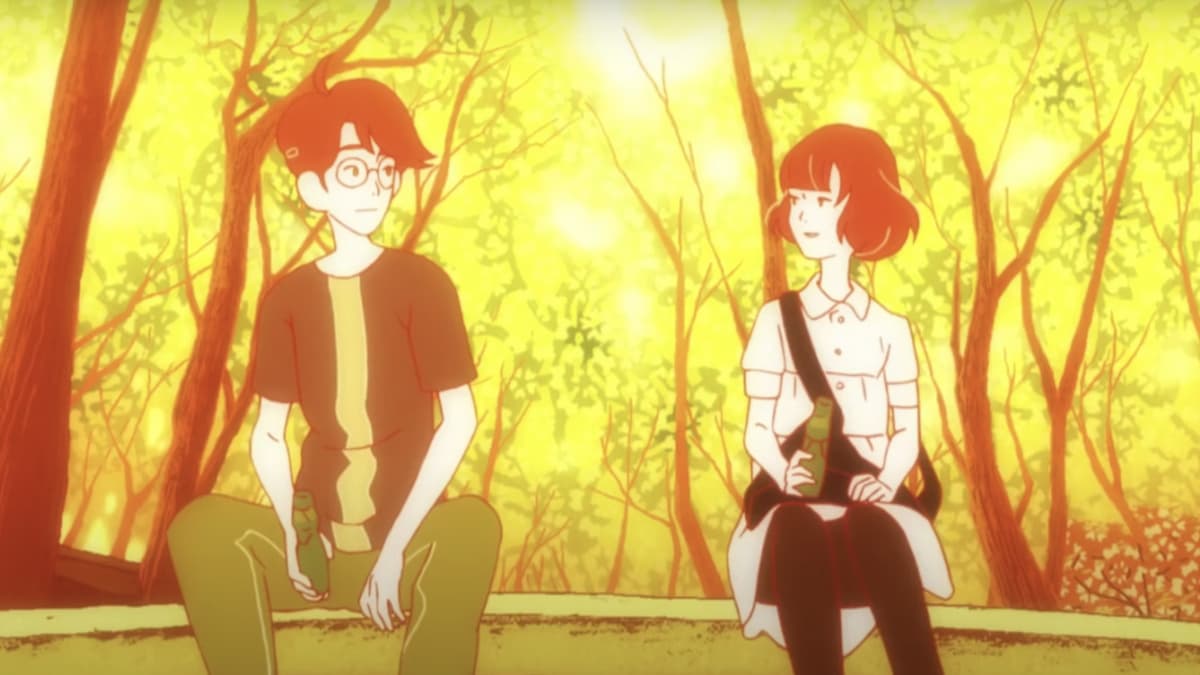
When you start getting into anime, there are a number of titles you inevitably hear about: Neon Genesis Evangelion, Cowboy Bebop, Fullmetal Alchemist Brotherhood, Attack on Titan. I’d count every single one of those among my all-time favorite series. But, once you move past them, the “next steps” terrain is much trickier to navigate. There are plenty of amazing series without the ubiquity and vocal fan bases of the Death Note-types in the anime world. You just have to do some digging.
And so, I want to celebrate my favorite anime series and films that I found through incredibly random means. Means like Googling “What are the best anime about depression?” and “Best anime scores” (which is literally how I found three of these). These are the anime that fall through the cracks of more popular series/films, sometimes by the same director. But each one of them is deeply worth your time.
8. Welcome to the NHK
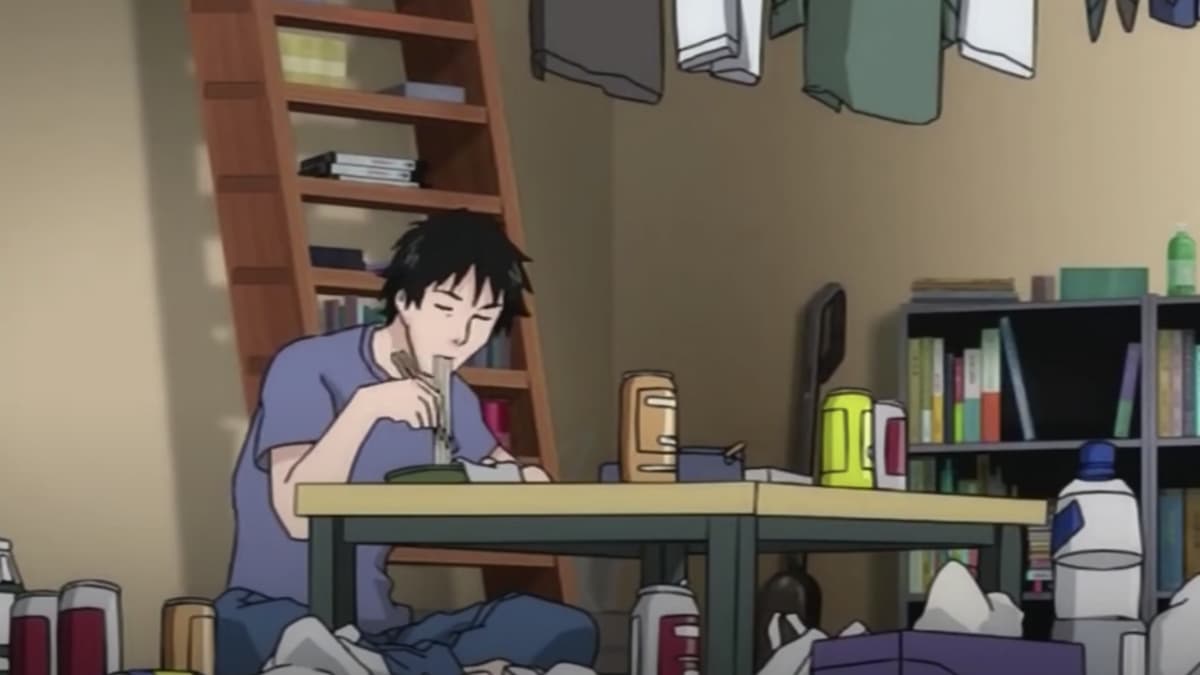
In Japan, even before the pandemic, there has been concern over the rising number of hikkokimori—people who are extremely socially isolated and stay in their apartments. The hikkokimori phenomenon is part of a larger discussion of Japan’s struggle with mental illness, and the protagonist of Welcome to the NHK is an empathic study on the subject. The second act (of three) lags a bit, but Welcome to the NHK provided me with an outlet during a period of deep depression. It hit really hard then—so, keep in mind, it’s not not difficult to watch. And it probably hits even harder in the COVID world. But it’s also really worth it.
Watch on: Funimation
7. Kids on the Slope
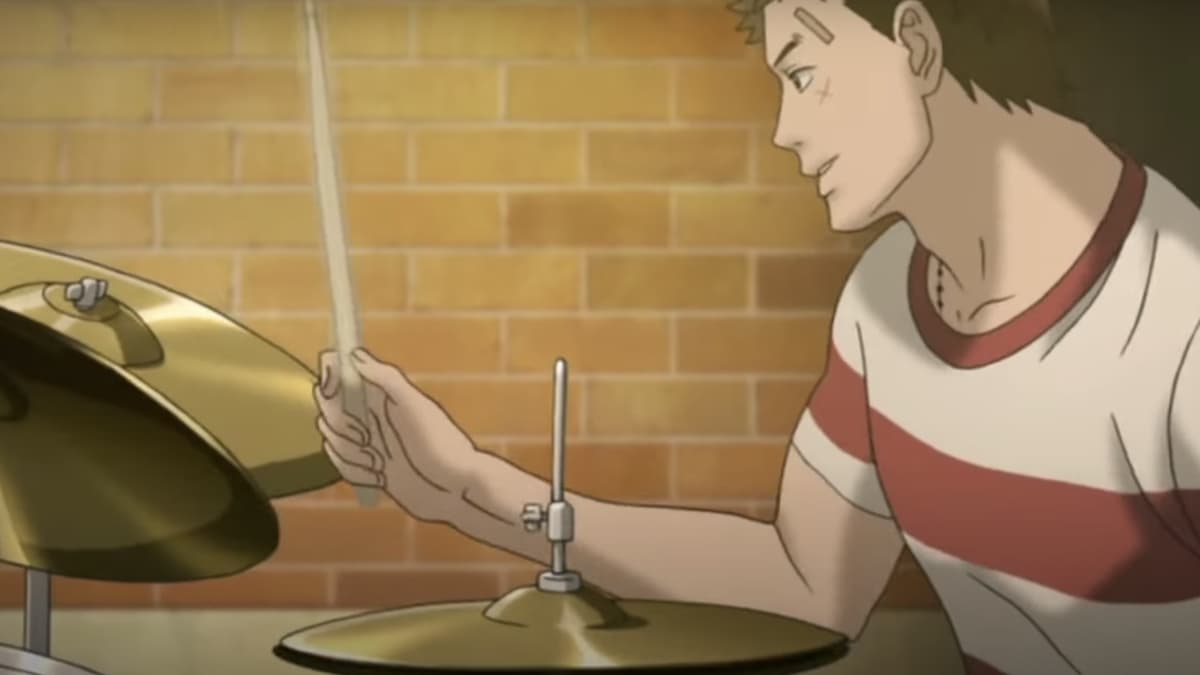
As you dive into anime, you’re sure to bump into the works of legendary director Shinichiro Watanabe— Cowboy Bebop, Samurai Champloo, and Space Dandy are iconic. And all three of these are action-intensive. But what of Watanabe’s series Kids on the Slope, which is simply about some Tokyo high schoolers getting into jazz? Watanabe directing an entire series about jazz shouldn’t come as too much of a surprise, given the gigantic cultural stamp of Yoko Kano’s iconic score for Cowboy Bebop(Kano’s group The Seatbelts has even featured multiple American jazz musicians of note). But Kids on the Slope is a kind, heart-warming series, regardless of how you feel about The Jazz.
Watch on: Crunchyroll
6. Kaiba
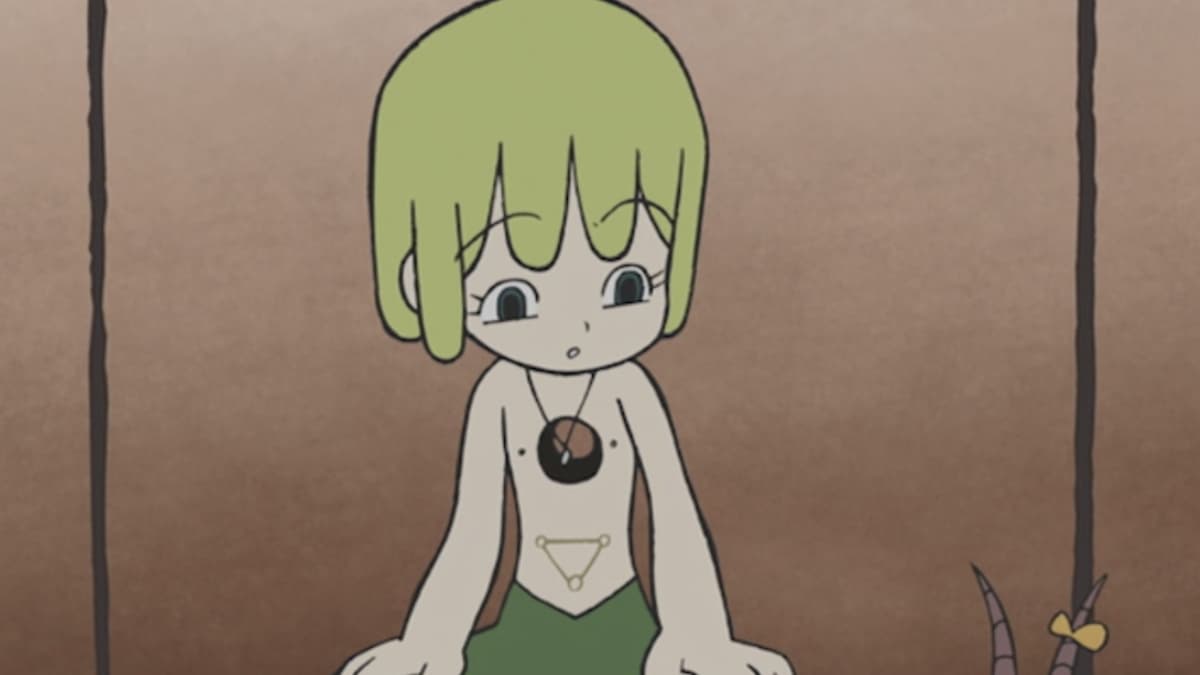
If someone were to pin me down and ask, “Who is your favorite anime director?,” I would say Masaaki Yuasa without any hesitation. His style is completely unique, and his series tend to be bizarre, heartbreaking, insanely imaginative, freaky, or some combination of the above. Yuasa recently gained mainstream success with incredible contributions like Keep Your Hands off Eizouken!, Devilman Crybaby, and Night is Short, Walk On Girl.
But a decade before came Kaiba, a sci-fi anime about a man who wakes up with amnesia and a hole in his chest. There’s a lot of heartfelt beauty in Kaiba, but Anime News Network wisely rates the presence of “objectionable content” in it as “considerable.” I made the mistake of watching episode two in a completely empty house, just after a move. It haunted me.
Watch on: Crunchyroll
5. Grave of the Fireflies
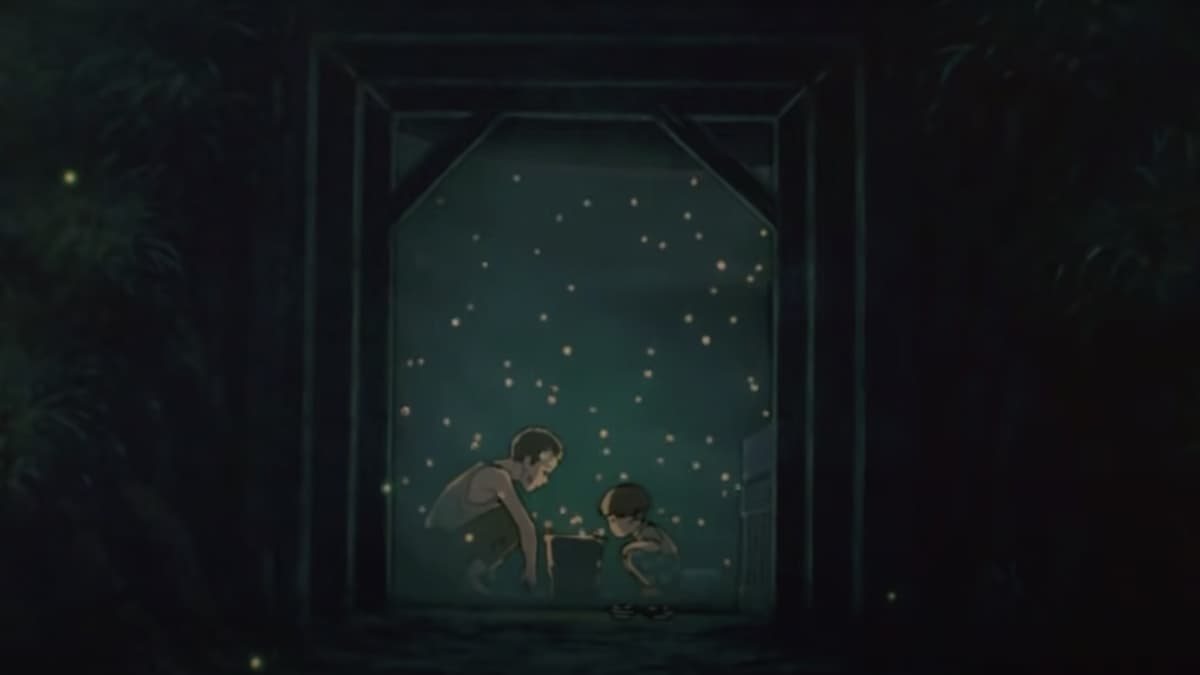
I waltzed into a screening of Grave of the Fireflies because it was the only film in a local theater’s Studio Ghibli Festival that I hadn’t seen. I knew nothing about it. I sat down, and the president of my university’s Japanese Culture Club introduced the film by very solemnly saying, “This is the saddest film I have ever seen.” He was right.
Grave of the Fireflies isn’t so much underrated as it is under-watched. Anyone who has seen it will tell you it’s Isao Takahata’s masterpiece (Takahata was Hayao Miyzaki’s mentor). But since many anime fans know full well that it’s literally one of the saddest films ever made, I’ve heard many times the sentiment, “Oh, yeah, I’ll watch it sometime. I’ve just never been in the mood.” Which, yeah: it’s about two orphaned siblings’ struggles after firebombing in the city of Kobe during World War II. It’s brutally tragic. But you should watch it.
Takahata may have cringed to know his masterpiece is being called “anime,” but … hey, it’s a means to an end to talk about this incredible movie.
Watch on: rentable on Vudu and Apple TV
4. Mononoke
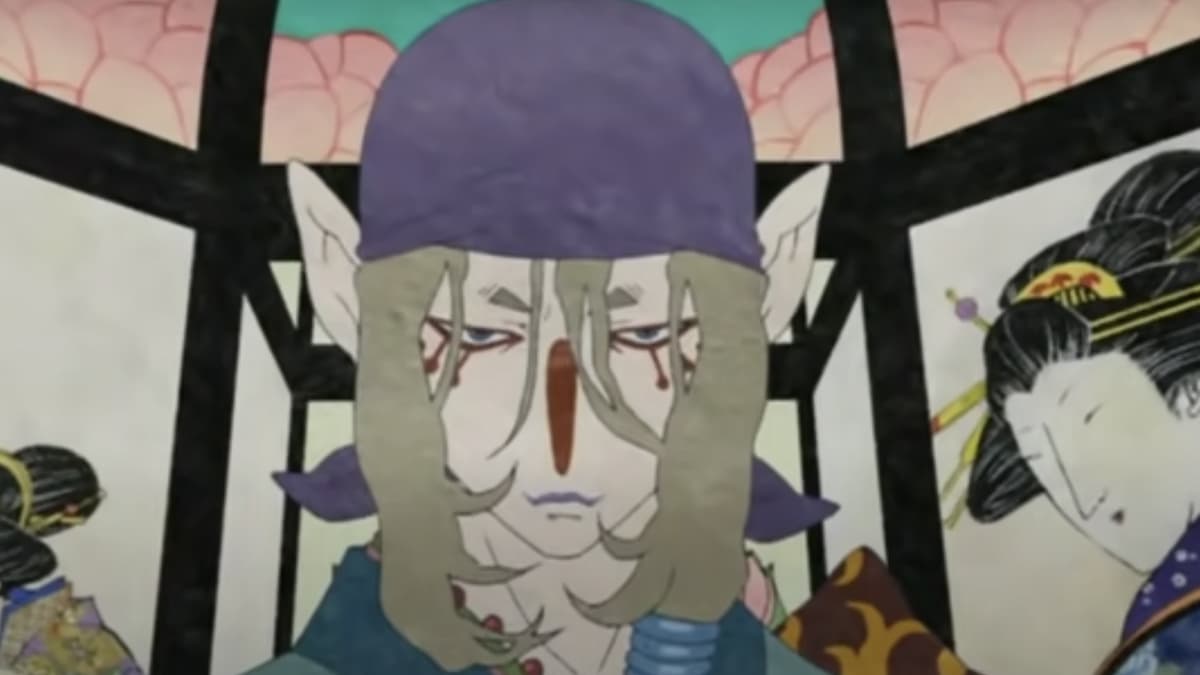
What if Demon Slayer was much, much creepier and looked like a psychedelic Ukiyo-e painting? And so was not like Demon Slayer at all? Welcome, my friends, to Mononoke. Our protagonist here is simply known as The Medicine Seller, and he tends to mysteriously show up throughout the Meiji and Edo eras when people become possessed by evil spirits. There’s nothing quite like this series, and I’d recommend it, even if you’re not usually into horror.
Watch on: used to be on Crunchyroll, but…
3. Summer Wars
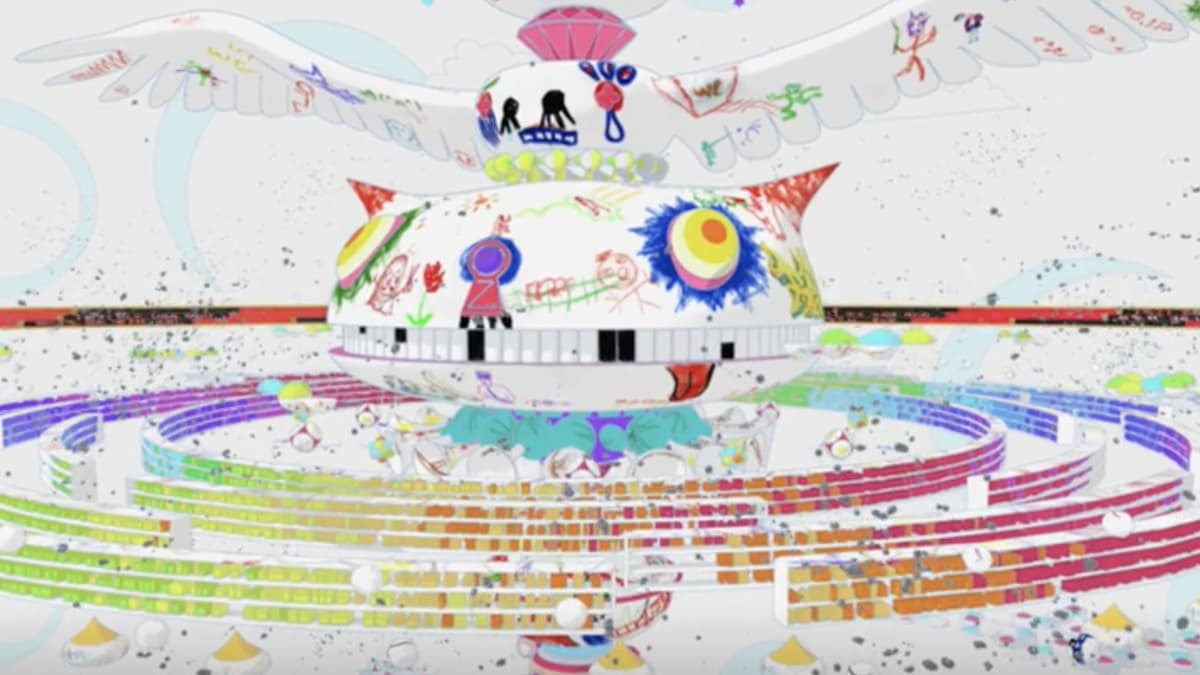
When people outside of Japan think of “anime film directors,” they probably think, in order: Hayao Miyazaki (who, for the record, hates it when you call his films “anime”), Makoto Shinkai, and Satoshi Kon. Until 2018’s Mirai was nominated for an Academy Award, Mamoru Hosoda and Studio Chizu had been arguably relegated to “in the know” status. Even if you had heard of Hosoda’s work before Mirai, you’d probably seen The Girl Who Leapt Through Time or Wolf Children. Both are excellent, but Summer Wars has unfairly fallen through the cracks outside of Japan.
I admit, I have a particular emotional tie to Summer Wars. It was recommended to me while I was living with a family in Komoro, a small town near the city of Ueda, where the film takes place (I took a day trip to Ueda: a lovely group of people invited me to join them on a parade and then gave me ice cream and canned booze). Like all of Hosoda’s work, the film looks beautiful. And its version of the metaverse has been very prominent in my mind recently. It feels like an accurate and slick prediction, which is impressive, given that the film’s from 2009.
(Side note: Hosoda also directed the best One Piece film: Baron Omatsuri and the Secret Island. It was my first-ever One Piece watch. Highly recommended.)
Watch on: Funimation
2. Shouwa Genroku Rakugo Shinjuu
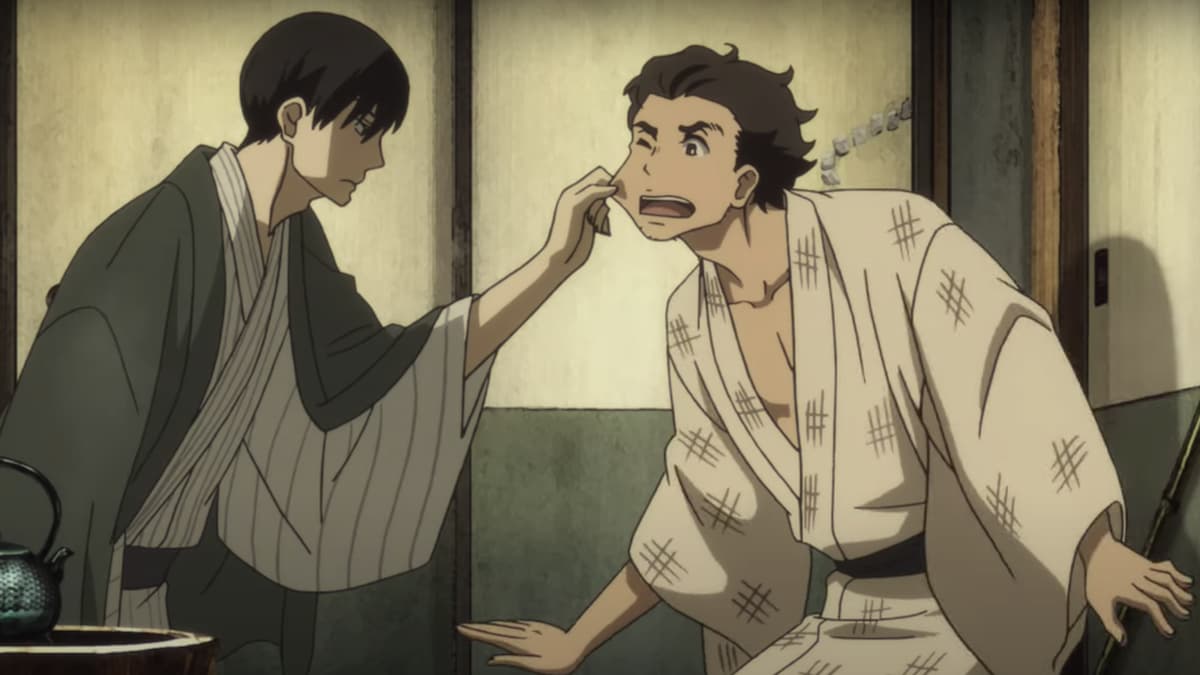
I hadn’t the slightest clue what rakugo was before I watched Shouwa Genroku Rakugo Shinjuu. The show explains the art form so impeccably through example, I am now obsessed. The first episode contains the better part of an entire rakugo routine. What’s more, in order to build an entire show around a highly specific and specialized form of theatrical storytelling, both the animators and the voice actors needed to pay 1000% to details to pull it off. The fact that they excelled in this impossible task should’ve earned them every award imaginable.
Even beyond that, Shouwa Genroku Rakugo Shinjuu is a stunning tragic drama which spans two generations. It also takes place in a time period when anime doesn’t usually venture: the post-war era. Shouwa Genroku Rakugo Shinjuu is shockingly close to being a Perfect Show (if you’ve seen it, you can guess my holdup). It feels like watching a novel if that makes sense. My partner and I would watch one episode and then talk for just as long about the characters, their motivations, and their mindsets. Also, it features a nuanced depiction of a closeted trans character in a time period where that cultural vocabulary didn’t exist. “Stunning” is really the best word for this show.
Watch on: Crunchyroll
1. The Tatami Galaxy
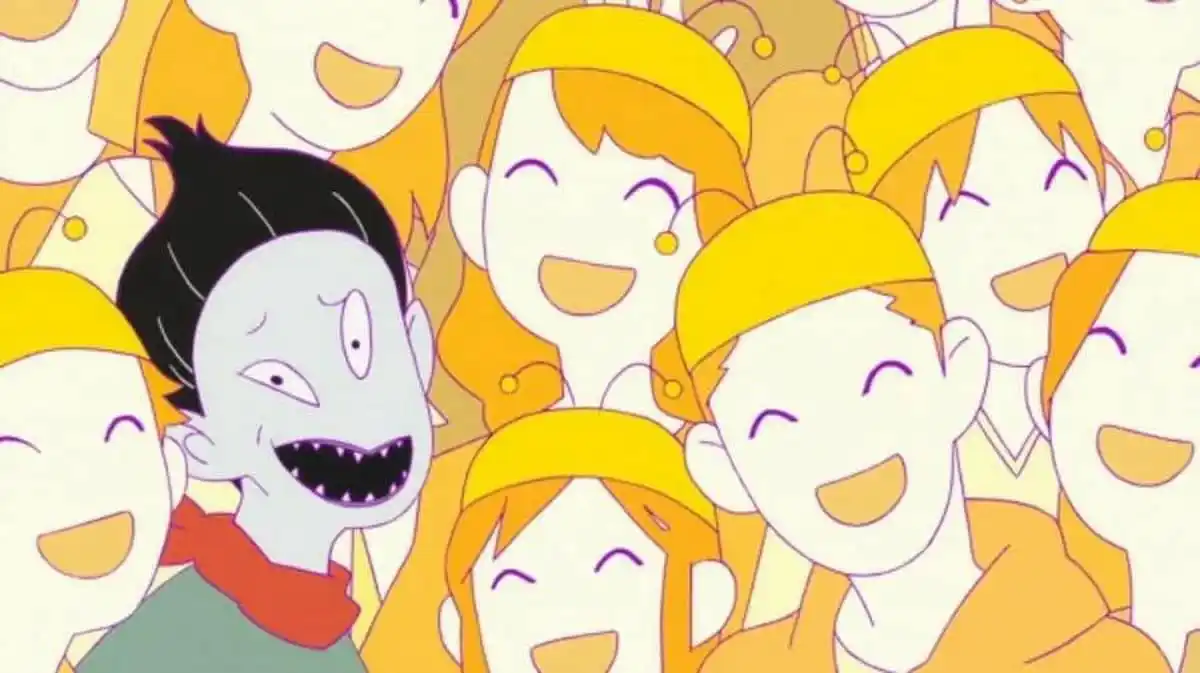
The Tatami Galaxy is hands-down in my top five anime, period. But no one’s heard of it. Maybe because it was too Artsy to make its way into Western mainstream-ish attention in 2010? What’s bizarre, though, is that you probably have heard of Night Is Short, Walk On Girl, which is from the same studio/director, has the same animation style, takes place in the same universe, and even shares some of the same characters.
The plot of The Tatami Galaxy is beautifully simple. The unnamed protagonist (referred to as just “Watashi,” meaning “I/me”) heads to college and joins a club, seeking to find the “rose-colored campus life” of which he’s always dreamed. Instead, he falls in with the mischievous Ozu and other oddballs. At the end of the first episode, the clock winds backward, and we find Watashi as he heads to college and wants to join a club…
As I insinuated with Kaiba, Masaaki Yuasa’s work could easily comprise this entire list. But The Tatami Galaxy stands apart even from his solid body of work. It’s hilarious, deeply poignant re: existential dilemmas, and relatable. Its only weakness is that you have to be ready to read subtitles very quickly.
Watch on: Funimation
Have a tip we should know? [email protected]
